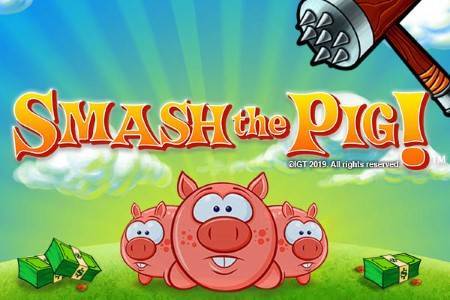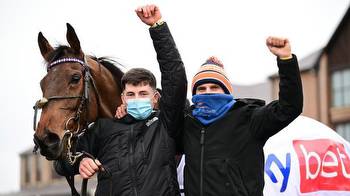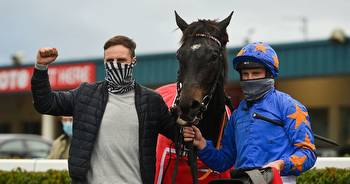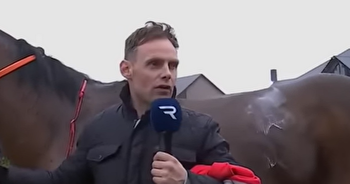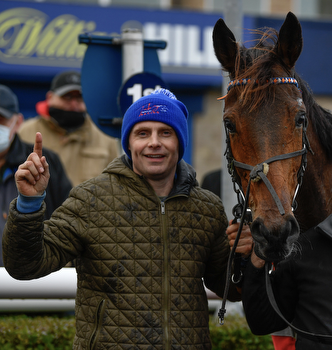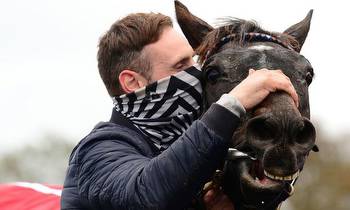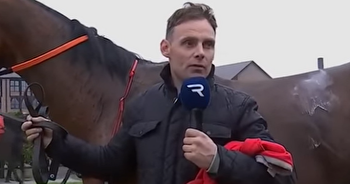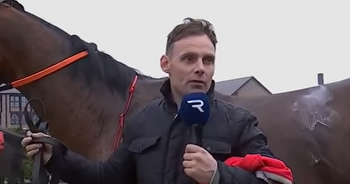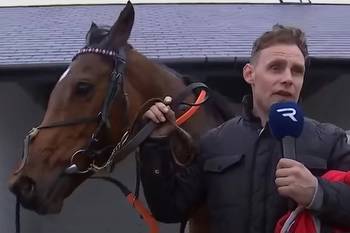Irish trainer Ronan McNally handed 12-year ban from racing
The IHRB's referrals committee ruled McNally breached a number of rules.
Irish horse-racing trainer Ronan McNally has been banned for 12 years and ordered to pay costs of E50,000 following an Irish Horseracing Regulatory Board investigation and hearing.
The IHRB's referrals committee ruled McNally breached a number of rules, including one charge of running and training his horses in a manner "prejudicial to the integrity, proper conduct and good reputation of horseracing" following a four-day hearing in October.
McNally was determined to be at least partially in breach of 10 of 11 alleged rule infringements, with the verdict announced in December ahead of sanctions being unveiled today.
It is a huge blow, career-ending in horse racing surely, to the Armagh-based handler who must also return €13,000 prizemoney won on the horses under investigation.
Ronan McNally is best known for training Dreal Deal and The Jam Man, with the pair notching up sequences of wins, having started off low handicap marks.
But McNally was not just about improving handicappers. Dreal Deal won the Grade Two Moscow Flyer Novice Hurdle at Punchestown in January 2021, one of Ireland’s most prestigious novice hurdle races, and a race from which the winner is invariably a big fancy for the Cheltenham Festival two months later.
In handing down the penalty, which takes effect on March 1, the IHRB said: "The committee regards the findings against Mr McNally as very serious.
"His offences strike at the integrity of the sport and the objective of having a level playing field for all who send horses out to race. They also involved a deception of the public, especially the betting public.
"The committee has taken into account the submissions made on his behalf and his past record and the effect that severe sanctions will have on him."
Both Dreal Deal and The Jam Man were mentioned specifically in charges related to using the racecourse as a training ground, as well as not running on their merits, and both have been disqualified from previous victories.
Dreal Deal has forfeited wins at Navan in September, 2020 and Limerick in October of that year, while The Jam Man is disqualified from Limerick in September, 2020. Hence the need to repay the trainers’ share of the prizemoney.
McNally was deemed to have achieved "a pattern of improvement in form of horses at a level previously unfamiliar to experienced and long-serving handicapping officials".
He was also found to have incorrectly lodged ownership details of All Class, Full Noise and Petrol Head - with McNally admitting he was "unaware of the requirement to register the correct ownership details".
Another trainer, David Dunne, was found to have supplied "misleading information and/or false information to an official at a stewards' inquiry" at Navan in March 2021 as well as failing to lodge the correct ownership details related to handicap winners All Class, Full Noise and Petrol Head, all of whom ran for him between October 2020 and August 2021.
Dunne's licence will be suspended for a period of two years, with the last 18 months suspended for a period of two years and fined E5,000. Any prize money won by All Class, Full Noise or Petrol Head when under Dunne's care will also be forfeited with the horses disqualified.
Point-to-point handler Ciaran Fennessy was found in breach of three charges and after taking into account mitigating factors, his licence has been suspended for three years, with final two years suspended for five years. He was also fined E5,000.
The jockeys aboard McNally’s horses were also chastised and, in one case, suspended.
Darragh O'Keeffe and Mark Enright were found to have failed to make reports on slow starts for Dreal Deal when they rode him in June and July 2020 respectively and reminded of their duty to do so, while Eoin O'Brien was found in breach of four charges, including that he schooled the horse in public, and he will serve a 21-day ban.
This is a massive crackdown by the IHRB on a trainer, the heaviest punishment meted out in years to any handler. Some might argue that McNally, as a small operator, was an easy target, that horses trained by others have won when they were gambled on.
McNally may appeal, perhaps not the finding, but the severity of the sentence and the financial penalties. He might hope to get it down to a more workable number of years from where he might be able to resume in the sport again.
Certainly, after this finding, many in Irish horse racing will be watching for the outcome of the next gamble – to see does the IHRB go after a trainer when a horse, with no obvious form-line to go on, tumbles in the market from 33/1 to 4/1 and then wins.
The case may have something to do, or it may nothing to do, with the fact that more and more British trainers are complaining that Irish horses cross the Irish Sea, for Cheltenham and other big meetings, with handicap marks that are way below the actual ability of the horse.
